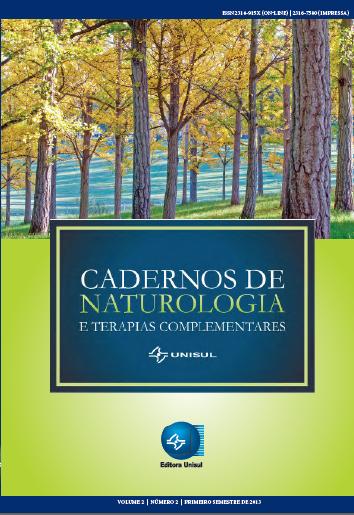INTRODUCING ACUPUNCTURE TO ALLOPATHIC MEDICAL STUDENTS: A SURVEY OF THEIR ATTITUDES AND BELIEFS
DOI:
https://doi.org/10.19177/cntc.v2e2201343-50Keywords:
Complementary Therapies. Acupuncture. Surveys. Education, MedicalAbstract
This prospective cross-sectional self-administered survey study was conducted to establish a baseline of familiarity, attitudes and beliefswith acupuncture learning and practice among Federal University of Ceará (Brazil) medical students. Students were evaluated before (Group B) and after their exposure to Acupuncture classes (Group A). A total of 47 participants filled in an 3-page 40-item questionnaire comprising various sections that dealt with their attitudes, beliefs, and experiences with acupuncture medical curricula and practice. Almost 50% of our students did not agree that Acupuncture should be includedas a regular discipline in the medical curriculum. “There is no evidencethat Acupuncture is effective” received positive response from most students (Group A: 45.7% and Group B : 83,3%). “Only medical doctors should be allowed to practice acupuncture” was disapproved by all. Most students have demonstrated ignorance of the advantages of therapeutic effects of acupuncture and have manifested against its deployment in the national health system. We concluded that despite the growing interest of our medical students in participating in the optional course “Introduction to Medical Acupuncture” there is some opposition to its inclusion in the regular medical curriculum. In addition,students are unaware of the benefits and effectiveness of acupuncturein the treatment of many diseases.Downloads
Published
2013-07-08
Issue
Section
Original Articles


